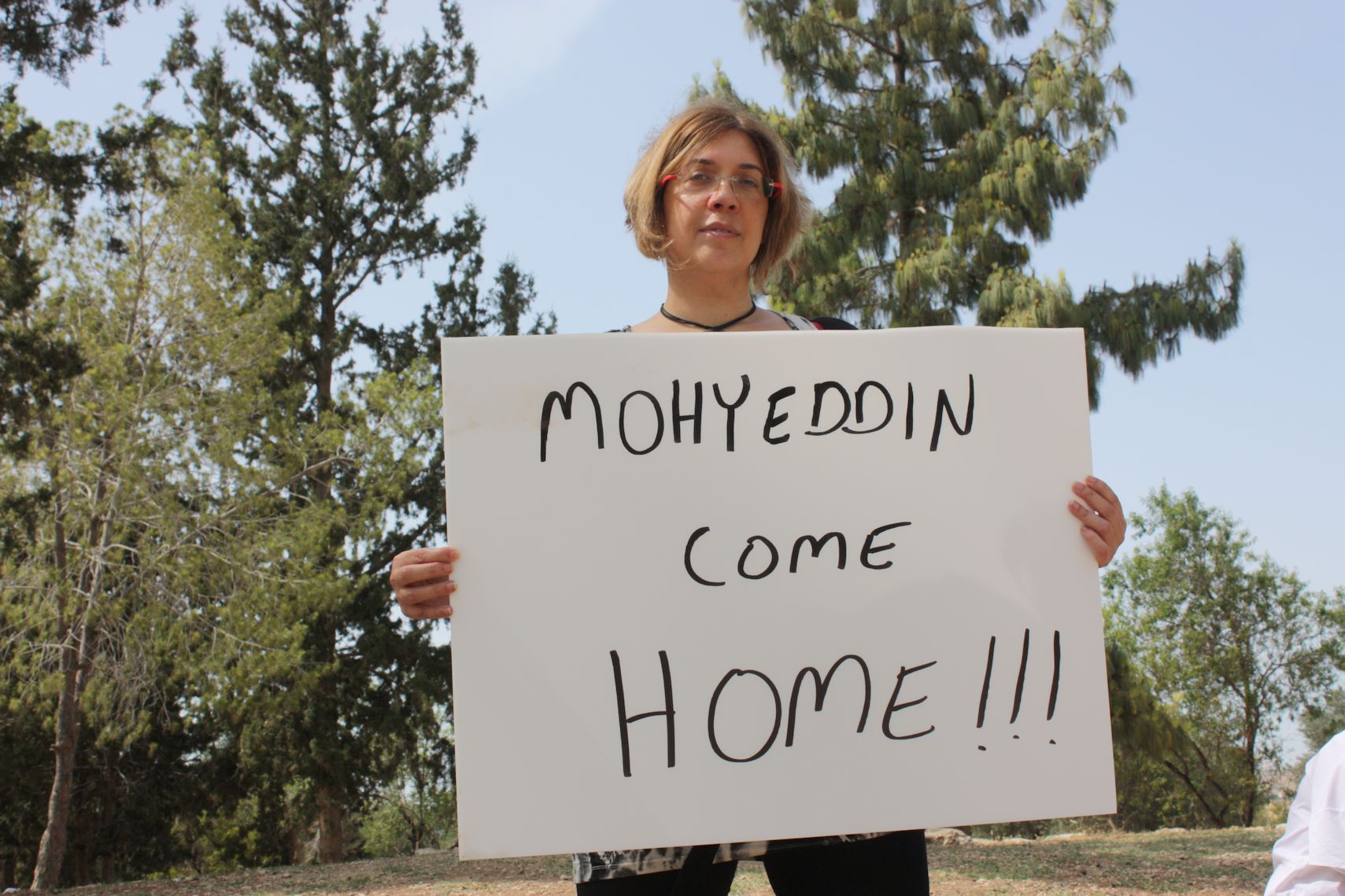On Saturday, May 26, 2012, a group of us went out to create an event at the location where the Palestinian village Imwas once stood.
The background to the event was personal: Twenty years ago I met in the US a Palestinian man named Mohyeddin Abdulaziz. Few months ago I wrote him a letter apologizing for my shabby treatment of him back then, and thanking him for the part he played in my own political development.
He answered me, and told me about the destruction of the village and the expulsion of its residents in 1967. He asked that if ever I found myself in the recreational park built on the location where the village once stood, that I think of him, and of peace, and of justice.
I felt that it was entirely inadequate that I think of this issue only if I happen to find myself at that location. I felt this was an excellent opportunity to connect between the personal and the political, and decided to go to where Imwas stood and make an event of it.
I turned to Zochrot for cooperation, and they offered their guide, Umar, to take us on an excursion to Imwas, and also offered to spread the work about the event.
On the day of the event, we arrived with signs, such as “Imwas is Here” and “Ethnic Cleansing Courtesy of the JNF”. We read some texts we prepared in advance, and did a photo shoot of the signs and building remnants. Afterwards, when Umar guided us through the village.
We called Mohyeddin on the phone so he could be with us as we toured his village. When we managed it, we added video to the call. In his conversations with Mohyeddin, and with the help of a map of Imwas created by Zochrot together with refugees from the village, Umar was able to discern the exact location of Mohyeddin’s home. We took a picture to commemorate the spot, even though there is no sign that a house ever stood there.
The experience of being there, understanding that there used to be a community, with houses and schools and cafes – made all the more real by the presence of a son of Imwas, who could speak with us and hear us, even if only by phone – was both exciting and upsetting.
Watching people having barbecues there, seeing the few remains of houses, looking at the lists of donors (who undoubtedly were not told the park was built upon a destroyed village)… I, at least, am changed by that day, and it is clear to me that the event is not yet over. That event will continue, whether through additional projects that grow out of the acquaintance with Imwas and Mohyeddin, or if simply because the place and its story continue to live within us. Because as long as we remember it, we have not allowed Emwas to be totally erased.
Read the letters of Tsipi and Mohyeddin:
Hi Mohyeddin,
I don't know if you remember me, I was a student at the college of law between 1989-1992. Back then, I was sometimes asked to be part of panels on the Israeli-Palestinian conflict, as a student representative. I remember at least one time that you were on the same panel as I. The reason I am writing to you is something you said to me on that occasion. I actually don't remember exactly what you said, but I do remember the look in your eyes and the tone of your voice. I didn't know it at the time, but that moment was a key moment for me. When I was on those panels, I had a very clear point of view, which was based on several things. Mostly: 1) 10 years of my childhood in Israel and the education I received during that time, 2) Legal and historical perspectives I had studied as an undergrad in political science, and during law school as well. If I were to summarize my perspective it was this: Everyone deserves self-determination, but there is a history and a convoluted legal situation that is being either misrepresented or ignored, and that taking the road of terrorism obviates any legitimate demands of the side doing so (that would be the Palestinian side, of course). I don't remember what I said on that particular panel, but what you said to me afterward had something to do with stealing homes. I remember dismissing your statement as emotional and personal, and therefore not really relevant to the broader discussion. Fast-forward. In 1998 I moved back to Israel for personal reasons (not political/ideological ones). I'm not sure now how much of what I thought I knew when I was younger was still with me at that time, but I was certainly not the same person in many ways. Living here, I was not able to ignore the conflict around me, which is a privilege I had living abroad. During this time, there has been another Intifada, a war in Lebanon, the withdrawal from Gaza and subsequent wars and blockades on Gaza, the kidnapping of Gilad Shalit, suicide bombings, and many more large, headline-making events. Unlike most Israelis, I became aware of the many "smaller" events as well -- the destruction of Palestinian villages, the encroachment by settlers on Palestinian neighborhoods in Jerusalem, the racism that is inherent in Israeli law, against Arabs, against foreign workers, against refugees, against any non-Jew actually, but even Jews if they are the "wrong" color, such as Ethiopians. If they don't speak the right language (such as immigrants from former Soviet states), or if they do not conform to gender or sex roles (LGBT). My awareness did not come all in one rush -- it is something that grew, as I experienced the events listed, and met more people, and read more material. I might have been arrogant in my knowledge and understanding in my youth, but I was not uncaring, or indifferent to the truth. Some truths are just more difficult and time-consuming to discover (especially back then, in the pre-Internet era). As my knowledge increased, so did my opposition to the situation around me. In the past few years I have taken to activism directed at making changes to that situation. I believe it is incumbent on all of us to do what we can to make changes, whether it is signing a petition, raising our children to be aware, or participating in protests against the Israeli occupation in Nabi Saleh. I do what I can to oppose the government of Israel in its violence, to oppose the occupation of Palestine and the apartheid being imposed on Palestinians, to oppose settlements, to oppose abuses of human rights (such as "administrative detentions"), to oppose racism. To oppose violations within Israel as well, whether it is discrimination against women and the perpetuation of sexual violence, religious discrimination and the hegemony of Orthodox Judaism, discrimination against LGBT people, and more. I am sad to say that the current government of Israel is giving those of us who care for human rights far too much more than we can handle. From economic disparities, to fascist laws restricting freedom of speech and of movement, to blatantly racist laws directed at prohibiting Arabs from key roles (such as the judiciary), to deportation of thousands of children born in Israel because they are not Jewish, or of refugees back to war zones in the Sudan and other parts of Africa... The list is endless, before even going outside of my personal "zone" and recognizing the blatant erasure of Palestine that they are trying to bring about. So I do what I can -- whether it is supporting human rights organizations, going to protests, signing petitions, writing a blog, educating those around me, disseminating information on Facebook and other social media... I do what I can. As an individual, and as part of groups that do exist here and are committed to making things different, and better. Who are committed to creation of a democratic state of ALL its citizens without regard to race or religion. I recently had occasion to describe my personal journey to someone, and I referred back to my years as a student as the time where the foundation was set for my activism today (though it is incredible to remember how little activism and awareness there was at that time. It was truly a different era). And when I think back to that time, one of two prominently significant points was that panel and your words to me. I feel I owe you a personal apology for my attitude at that time, and my lack of sensitivity. Primarily on a personal basis, because whatever my knowledge was, was truly the best I could achieve at the time. But for what it's worth I am also very sorry for what "my" government has done to you and your people. A government not of my choosing, but nevertheless. I now do what little I can to stop what they are doing and fix what they have done, and will continue doing so. It is the least I can do. And I also want to thank you, because the fact that I remember that exchange between us is telling, insofar as there are really very few moments I can point at that have that degree of significance in my personal political development. I don't know if you even remember me, I don't know if my words to you stung you only momentarily or stayed with you at all... But either way, I hope my story is encouraging to you, because we often think as individuals that we have little or no effect. But here is an example of one person who was affected, and I hope I also affect others at times, and if we remember that we can create a chain in this way, we can also realize that our little links are
incredibly important. So shukran, and ma'a salama,مع فائق الأحترام والتقدير
Tsipi Erann
Dear Tsipi,
Wow! What a wonderful letter! Thank you for taking the time to write it. I had tears in my eyes reading it. I am so sorry I don’t remember you exactly but I feel I do know you and what a nice feeling it is! First I hope that you are doing well and enjoying your life. Being an activist for a good cause is the greatest thing anyone can do. I don’t know where you live in Israel but if you pass by “Canada Park” that is my birth place. Emwas was my village which was bulldozed (with other villages in the area) after the 1967 war and Canada park was built on it. My family name is actually Abu Qtesh / Abu Ghosh. The village of Abu Ghosh is on the other side of what was the Green Line (No Man’s Land.) When I was a kid could stand on one of the hills in Emwas and look at Abu Ghosh but could never go there. Anyway, if you go there please take a moment and think justice. Think Peace. I hope we will meet in person soon. We have a lot to talk about. I am very glad we seem to be on the same path. I was always opposed to terrorism and I always say that there is no belief or cause that can justify killing innocent people. I was also opposed to violence. At first for pragmatic reasons – simply the Palestinians cannot match Israel’s superiority in this area. But now I am against violence as a tool for liberation (period). I hope there will be more who think the same in Israel/Palestine. I have to do some work now but I will write again and please stay in touch. Are you on facebook? Also may I share your letter with friends? Thank you very much again. This letter makes me so very happy and hopeful that our people – Israelis and Palestinians – will realize their dreams in peace, justice and freedom soon. Take care and love to all
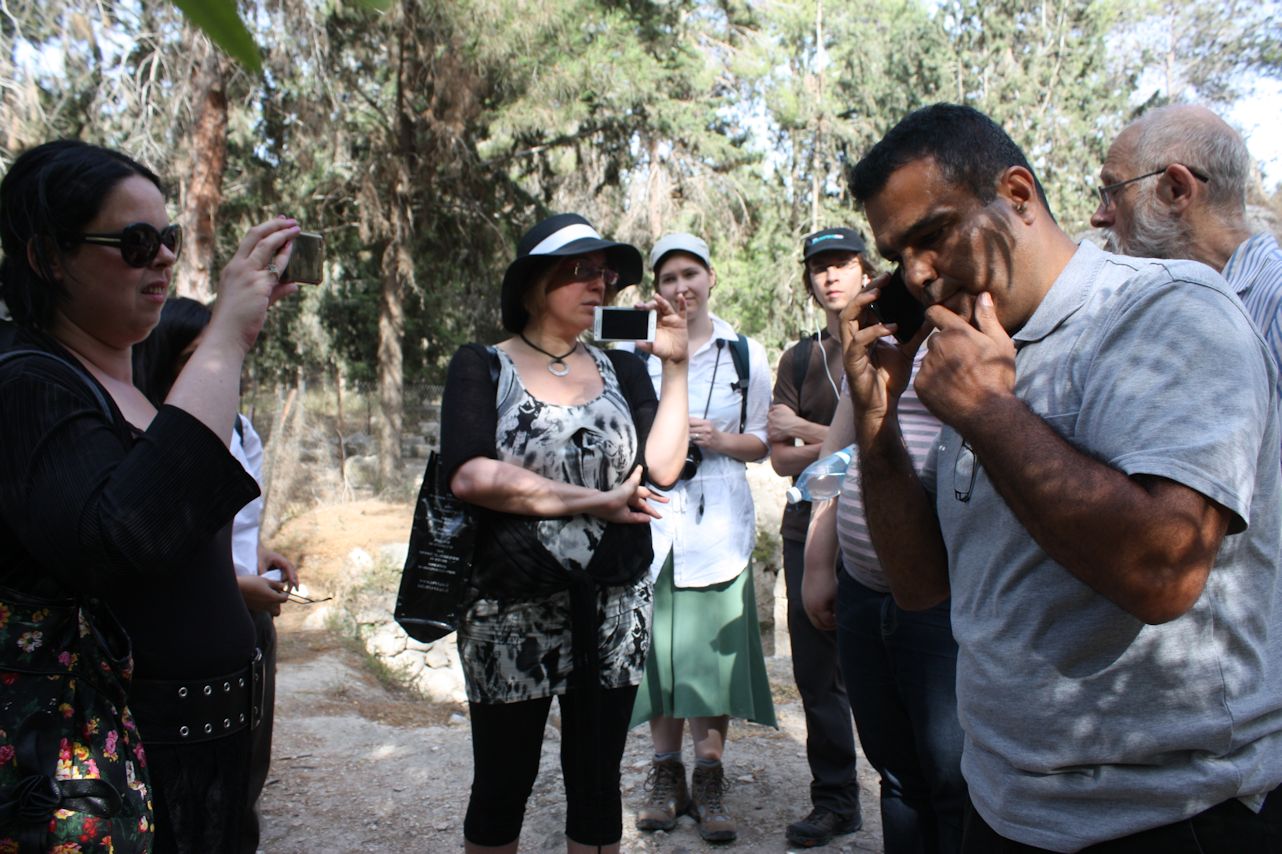
הכרה בעמואס / Imwas acknowledgement
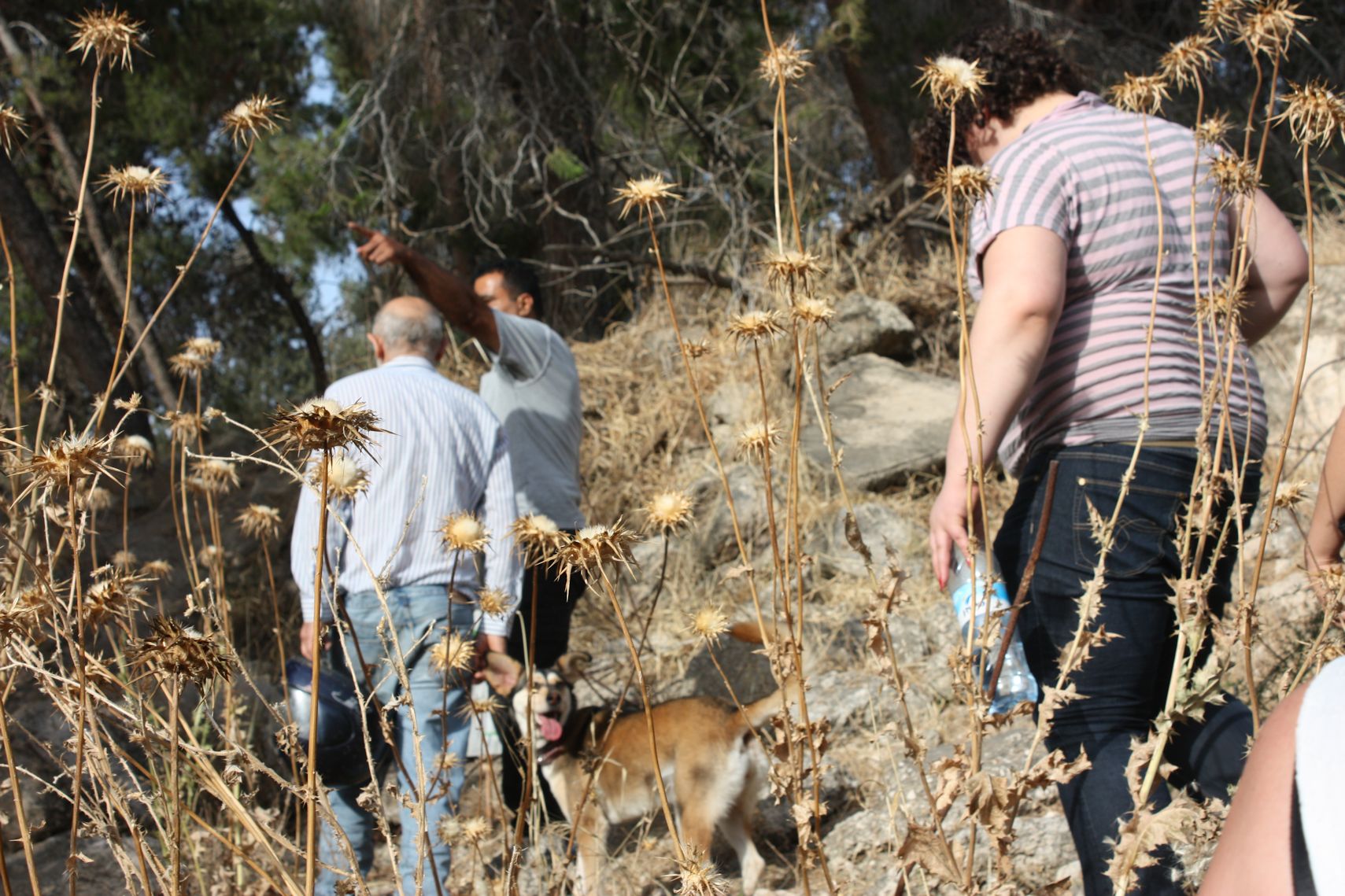
הכרה בעמואס / Imwas acknowledgement
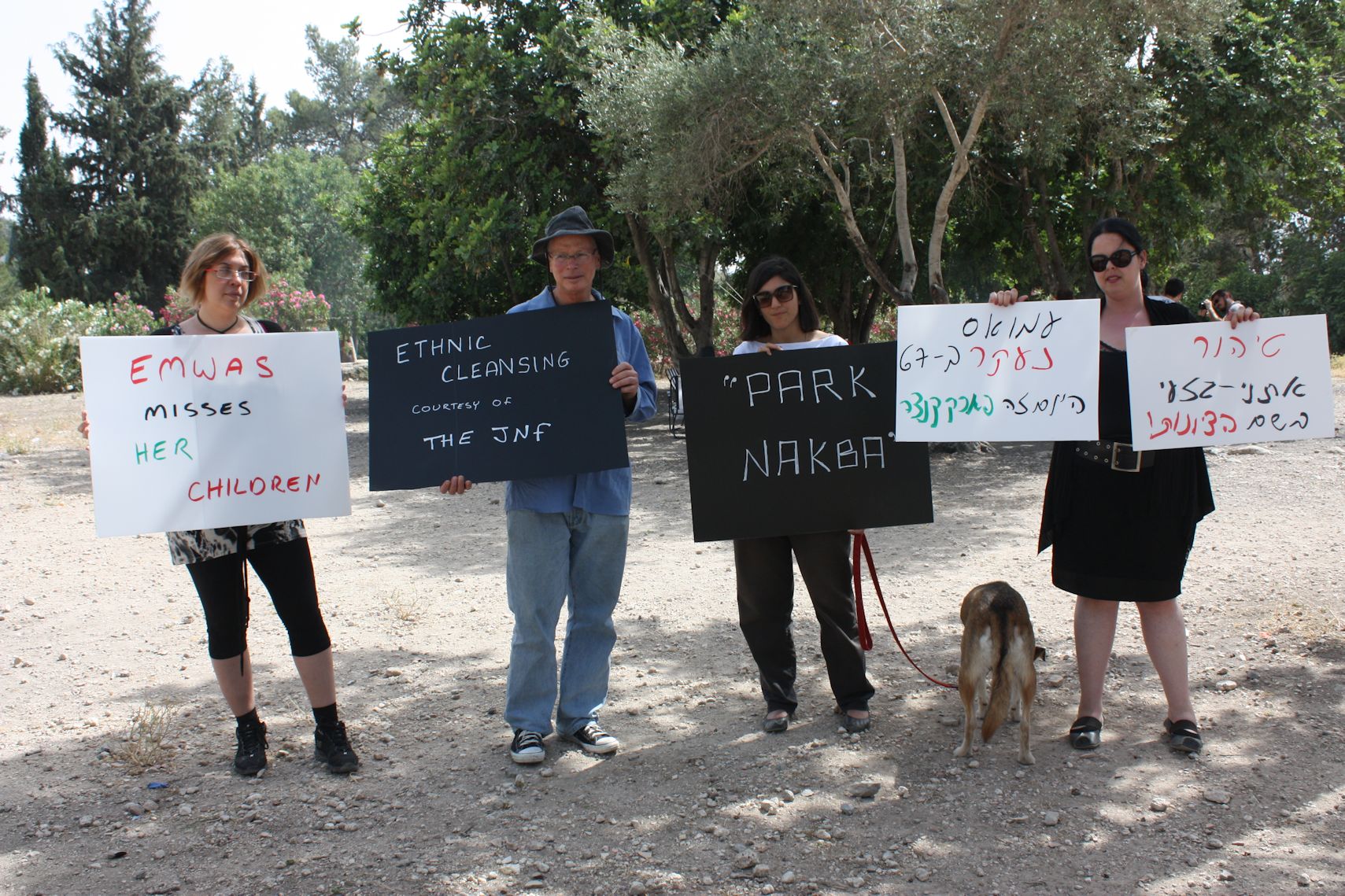
הכרה בעמואס / Imwas acknowledgement
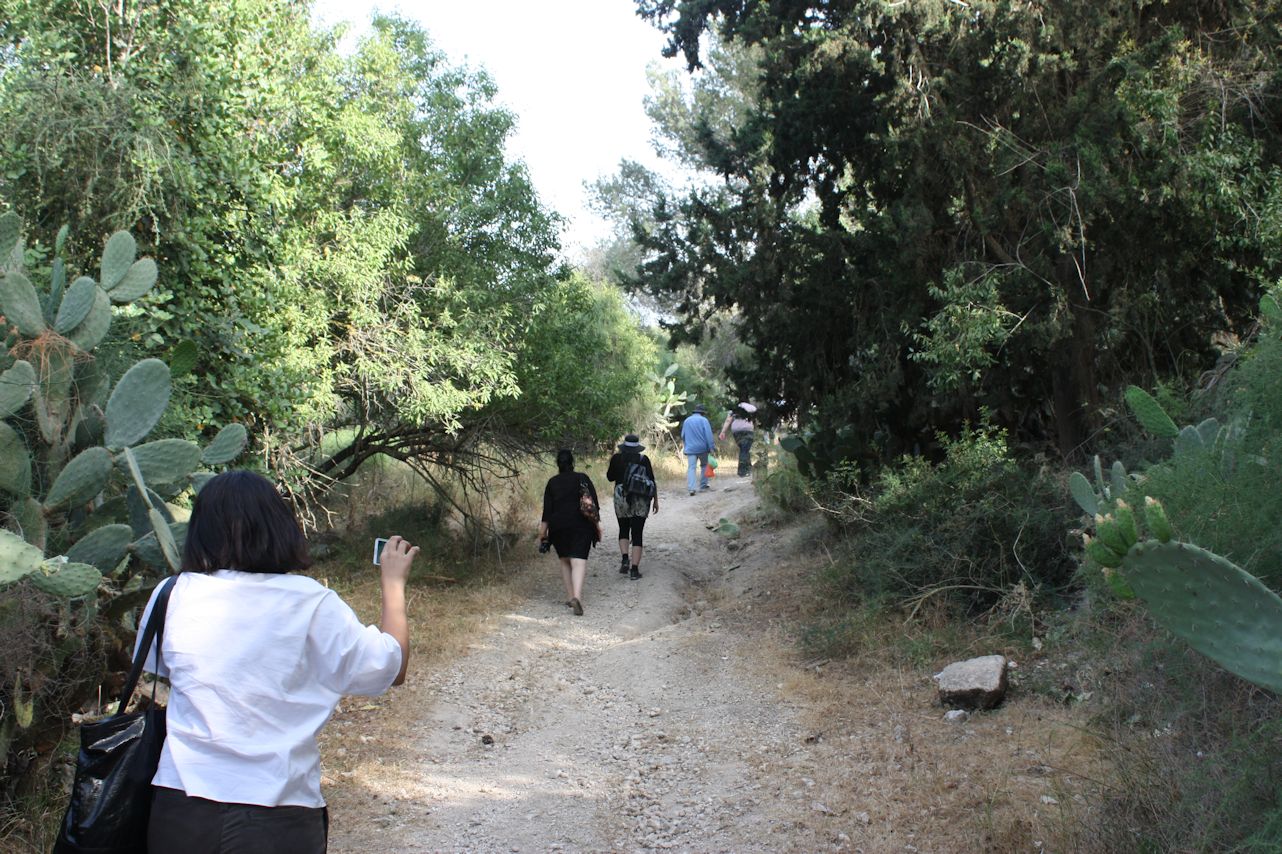
הכרה בעמואס / Imwas acknowledgement
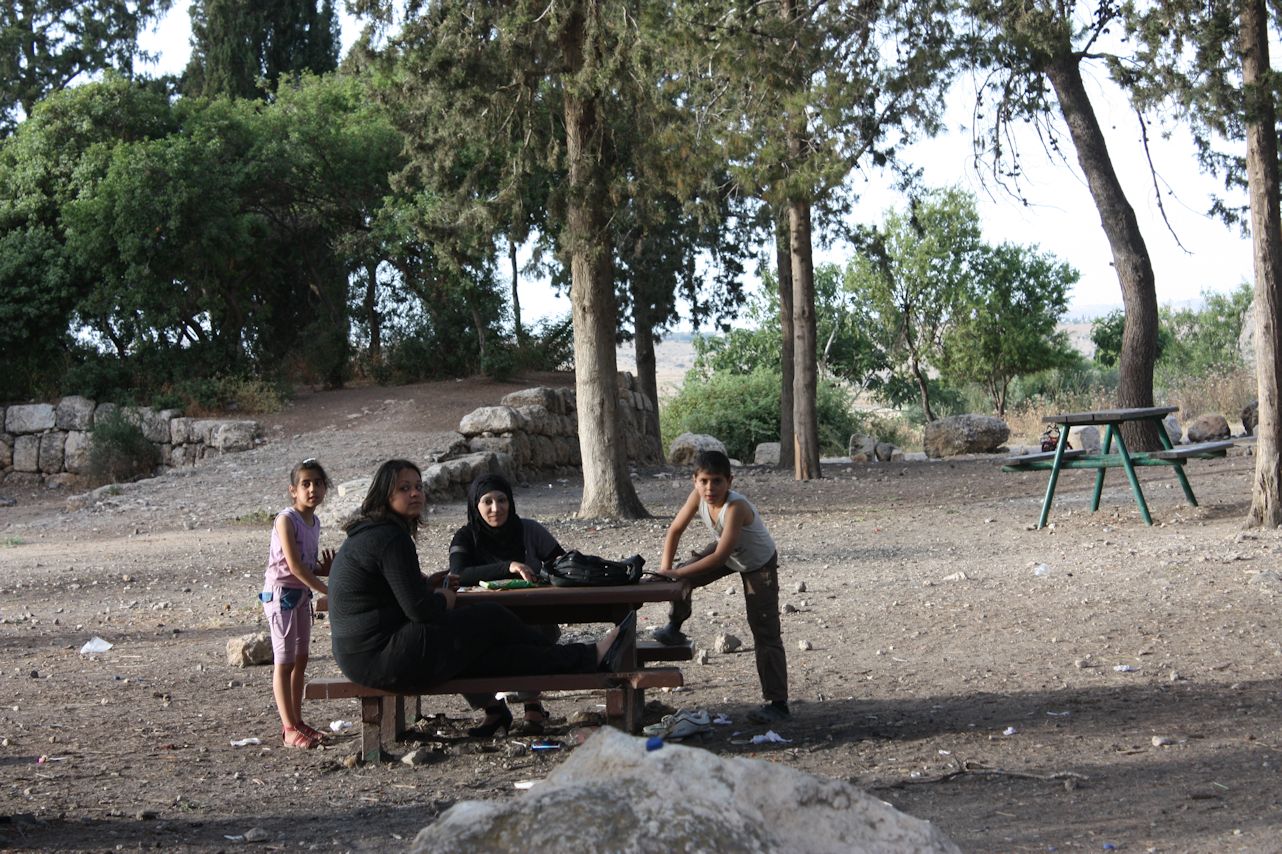
הכרה בעמואס / Imwas acknowledgement
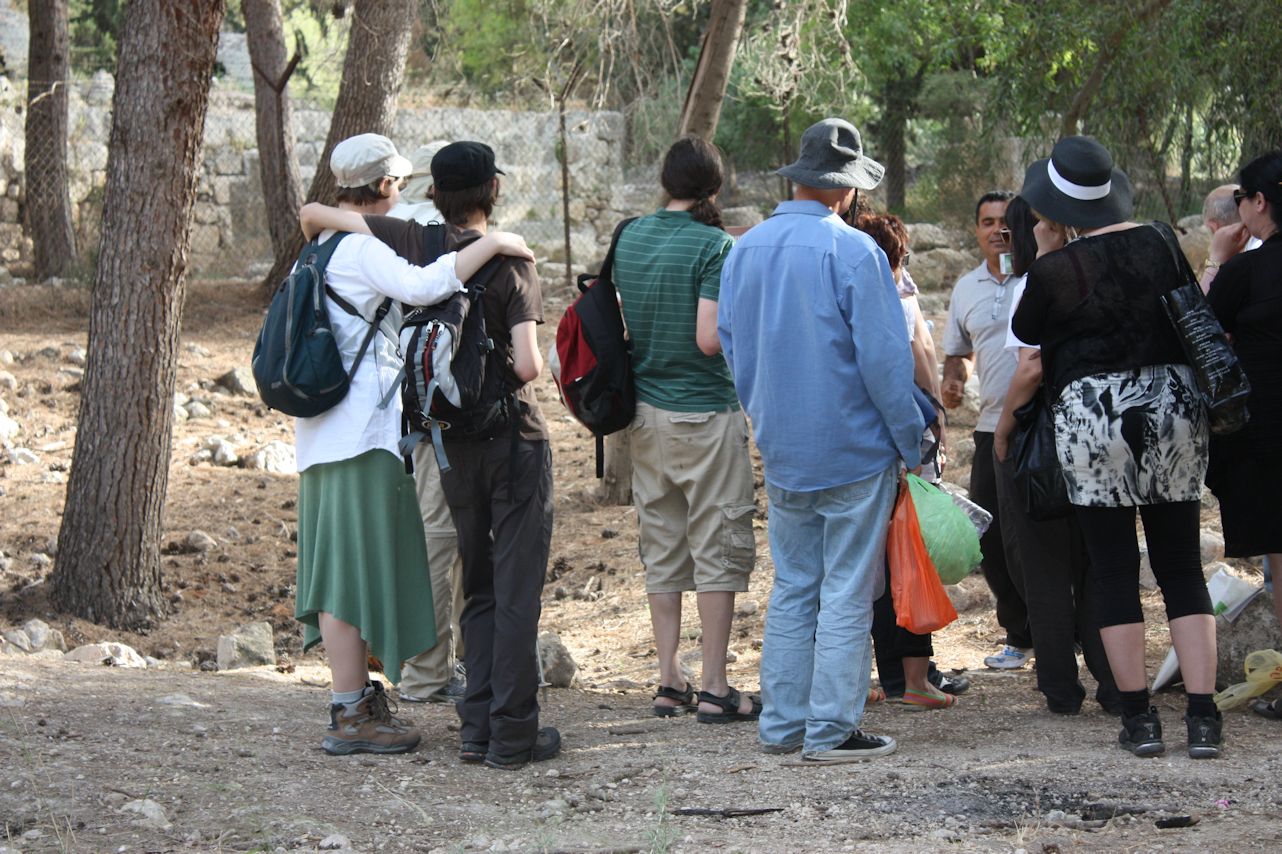
הכרה בעמואס / Imwas acknowledgement
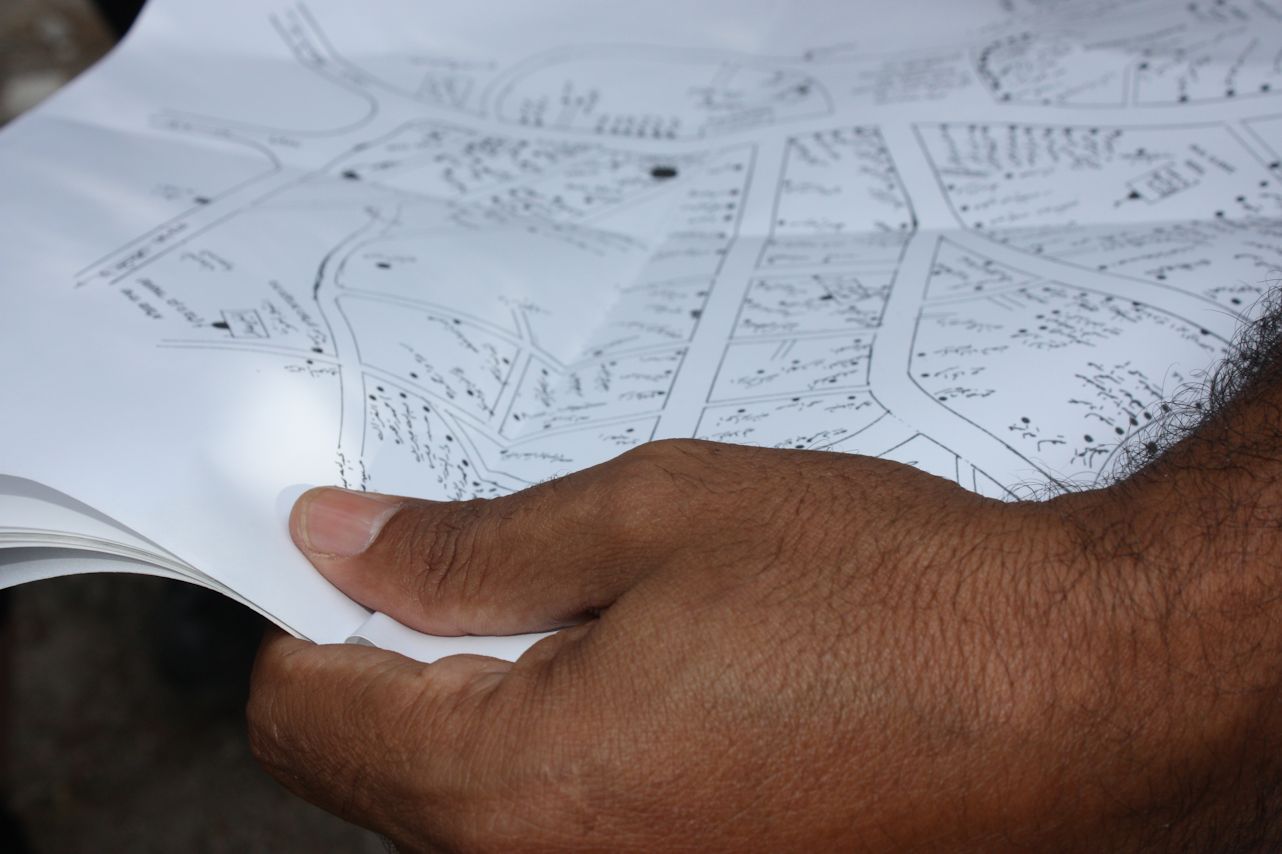
הכרה בעמואס / Imwas acknowledgement
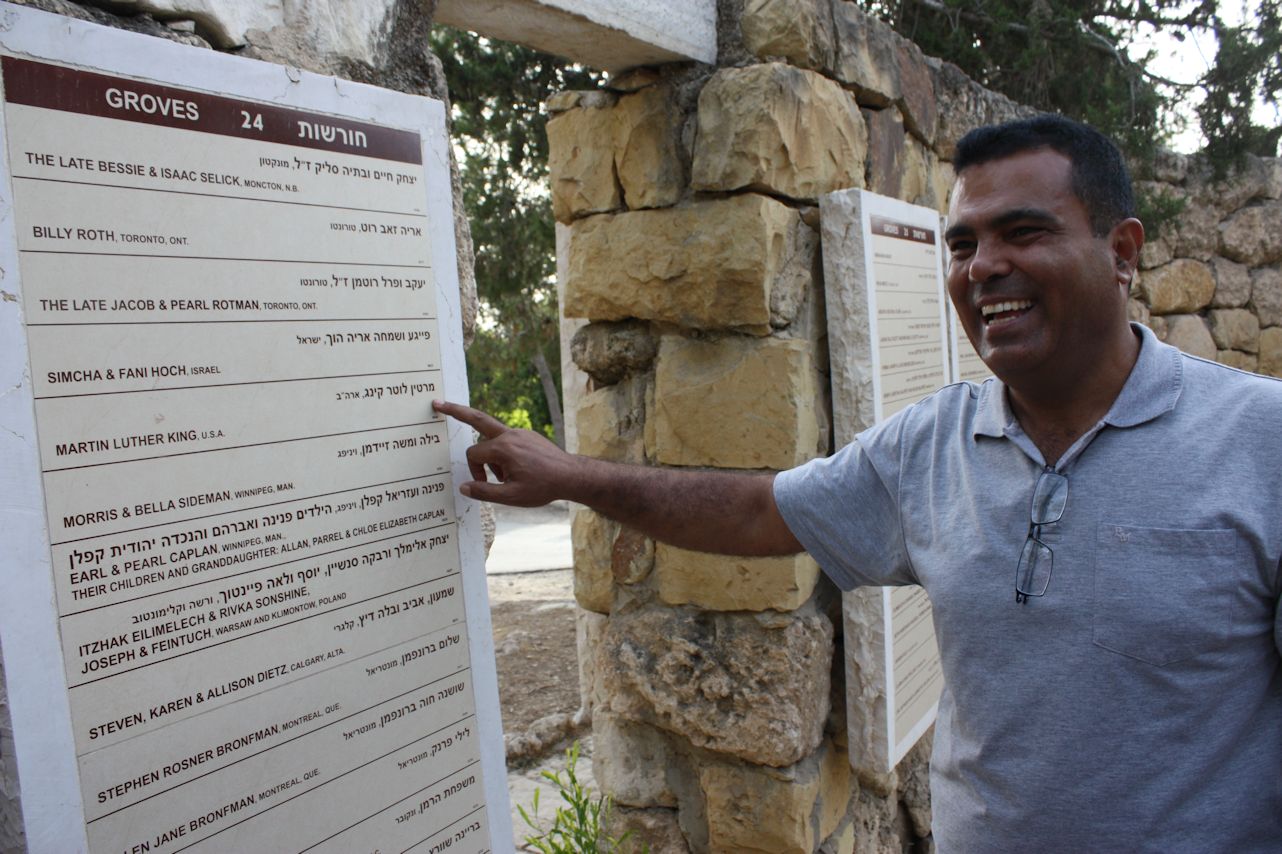
הכרה בעמואס / Imwas acknowledgement
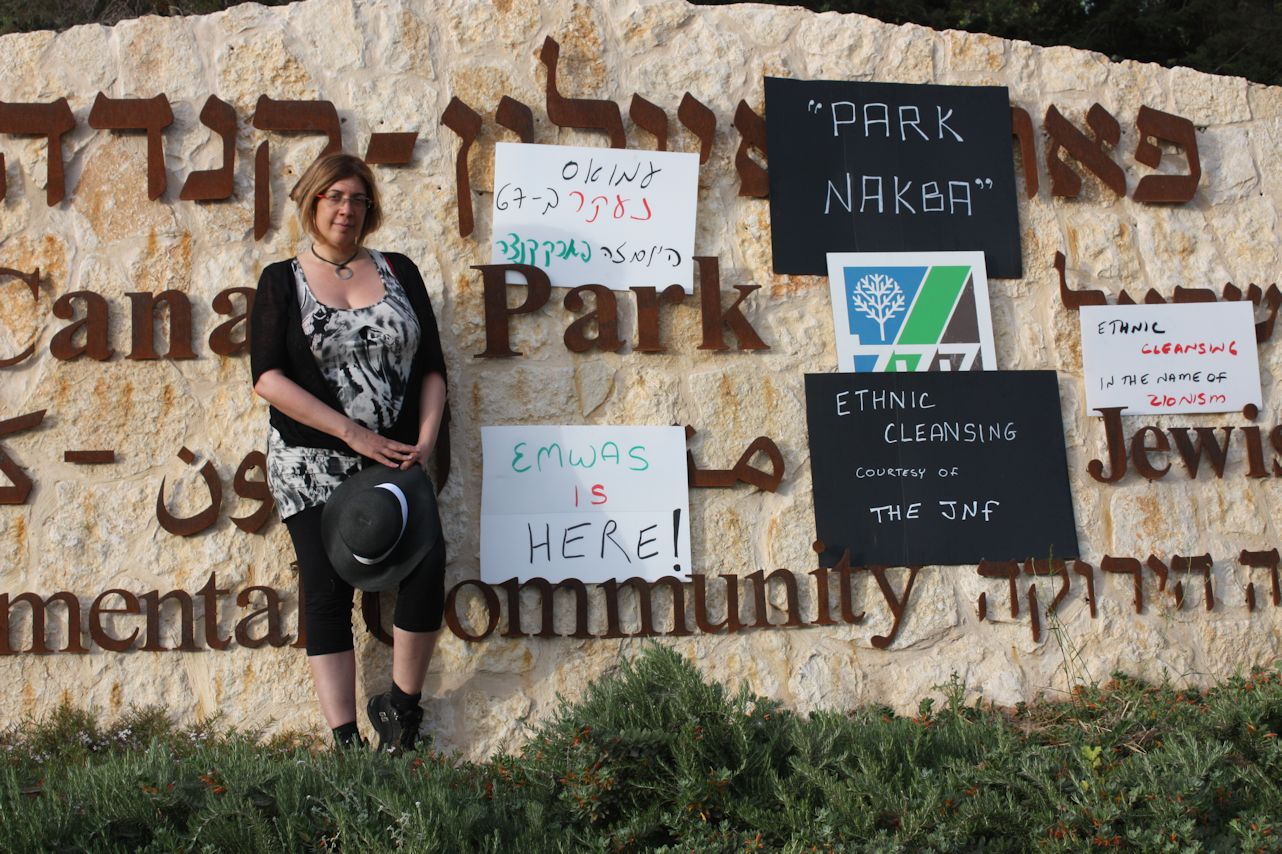
הכרה בעמואס / Imwas acknowledgement
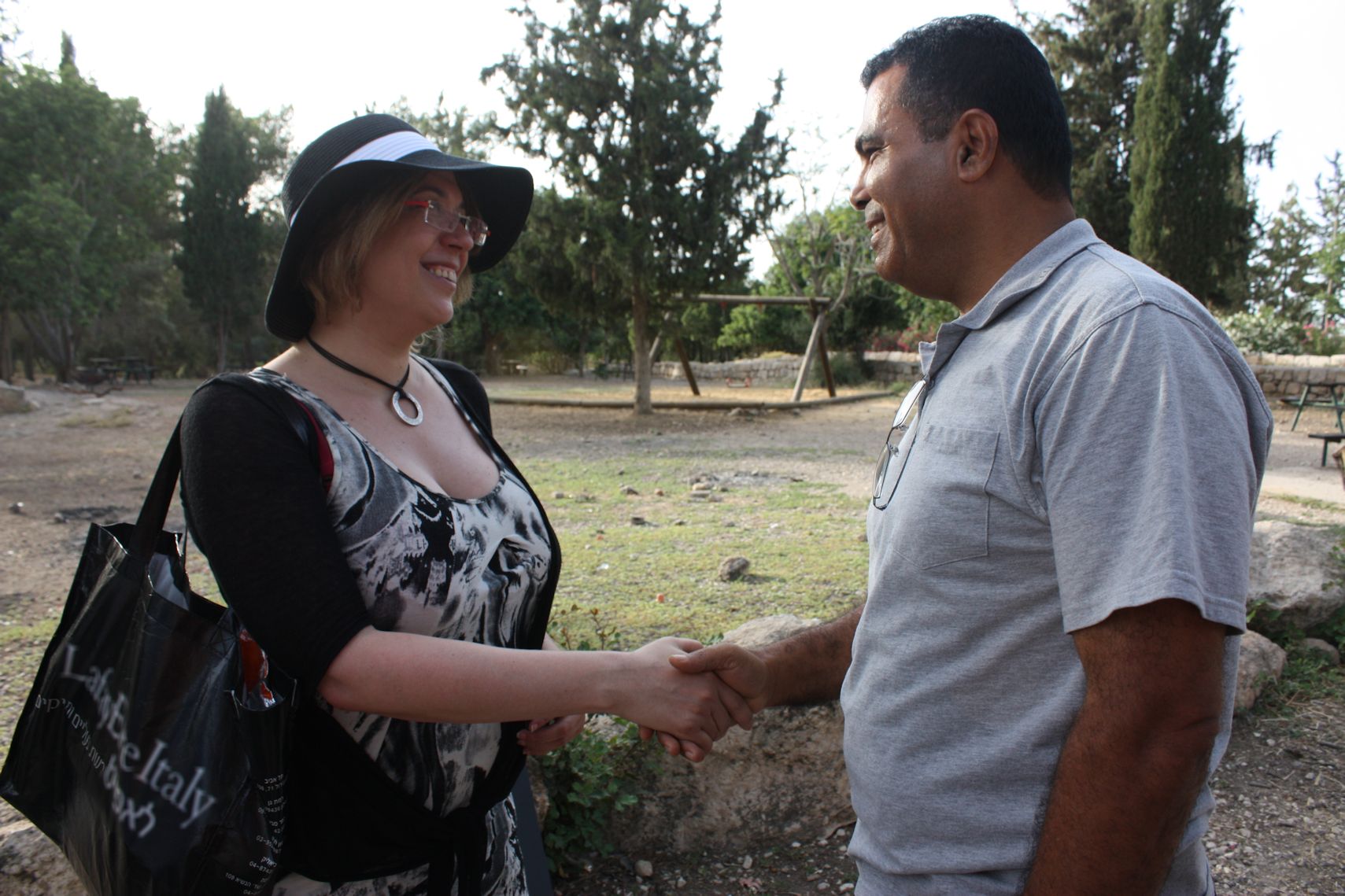
הכרה בעמואס / Imwas acknowledgement


